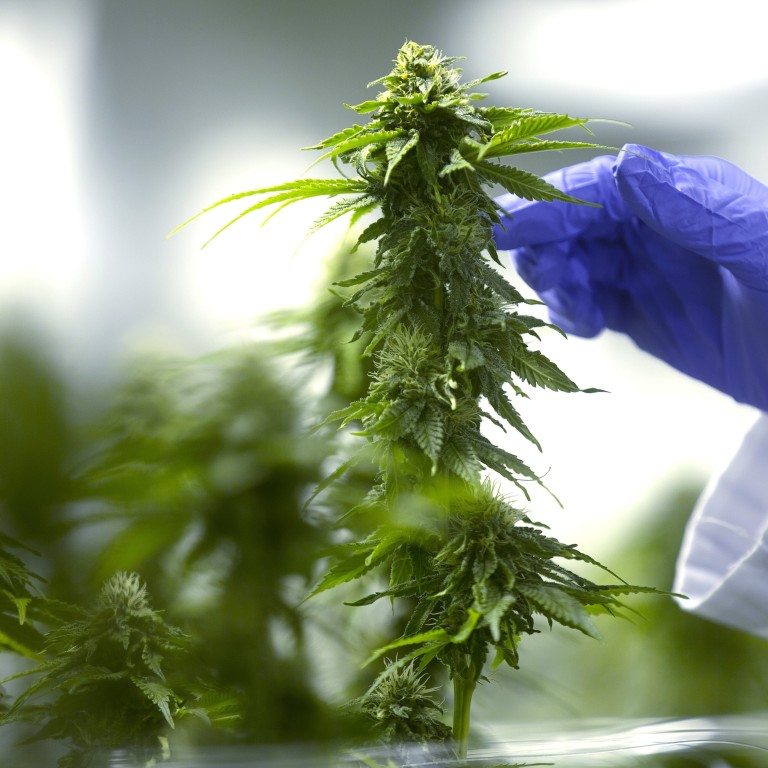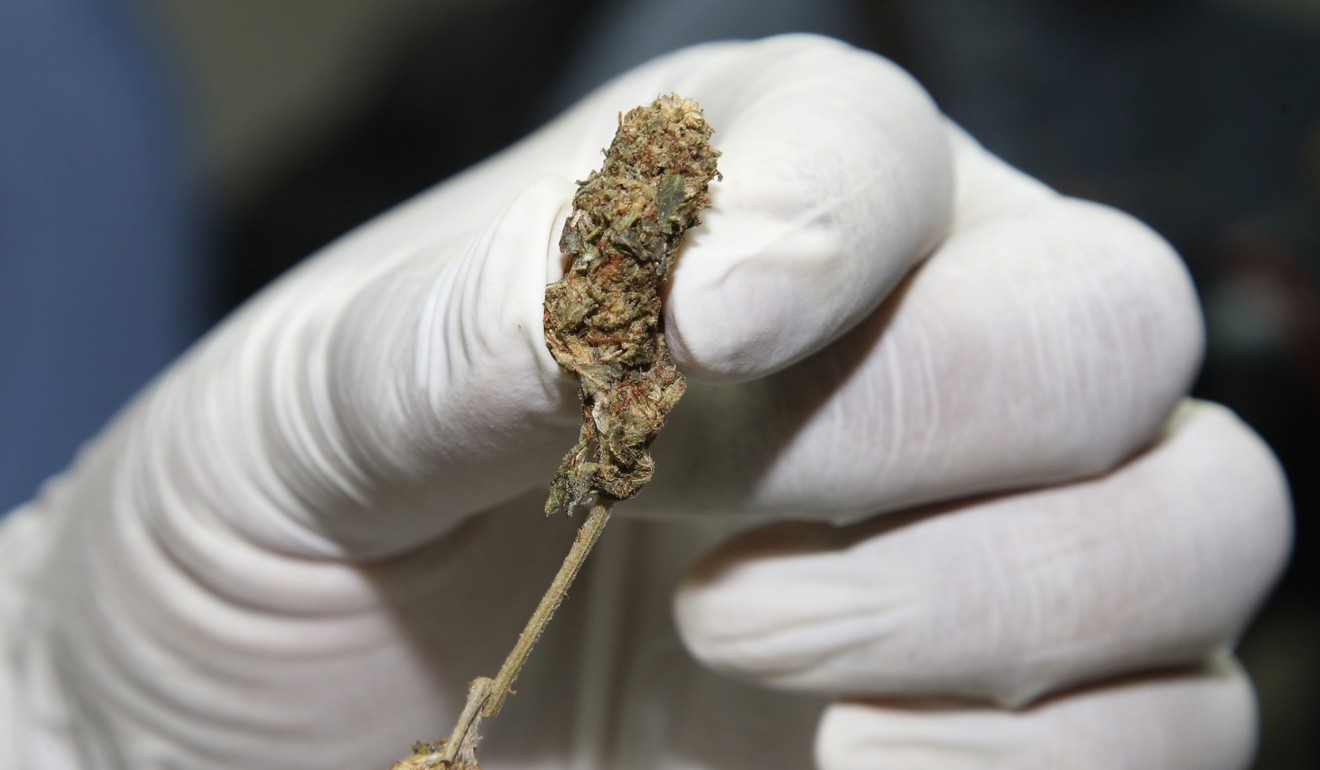
Chinese blockchain investor revamps business plan towards industrial cannabis, in wake of bitcoin rout
- Grandshores Technology, partially backed by the Hangzhou municipality, is diversifying towards medicinal and industrial cannabis cultivation
- The company said it plans to buy a 40 per cent stake in Hangzhou Yupu Trading, which has access to seeds and growing rights for industrial hemp
Grandshores Technology, the Hong Kong-listed blockchain investor backed by the government of Hangzhou municipality, is diversifying into medicinal and industrial cannabis cultivation as it embarks on a new business strategy to counter a lethargic bitcoin market.
Co-chairman Yao Yongjie told the South China Morning Post that the company will decide next year whether industrial cannabis planting would become the company’s new business focus, and divert resources away from its global blockchain investment.
“Both blockchain and industrial cannabis are the future, and both are embraced by the younger generation. Grandshores Technology is a company that invest in the future and we are always on the search for new business growth opportunities,” said Yao.
Industrial hemp are cannabis plants that have no more than 0.3 per cent of THC (delta-9-tetrahydrocannabinol).
But those who grow industrial hemp are looking to harvest CBD (cannabidiol), another active compound used in medicinal and industrial hemp products. Unlike THC, CBD is not psychoactive, and according to the World Health Organisation, it can be used to treat epilepsy, although results are mixed. It also helps relieve pain, ease inflammation and is a source of antioxidants.
Yao said he expects next year to be a turning point that will reveal which companies are likely to survive in the long run from those that were drawn in by the craze for cannabis-related investment themes.
By 2020 he also expects cannabis cultivation to start contributing to the firm’s bottom line.
“Through our partnership with Heilongjiang hemp research institute, we have gained an advantage in accessing high-quality cannabis seeds, with high levels of CBD. We want to be a key supplier of industrial and medicinal cannabis and control that supply from the source,” said Yao.

In Canada, and some American states, the use of marijuana for recreational or medicinal purposes have been legalised. The US Food and Drug Administration has approved one cannabis-derived and three cannabis-related drug products for use upon prescription from a licensed doctor.
One potential usage that could crack open the Asian market where recreational use is banned, is in cannabis oil infused electric cigarettes.
Yao said he believed the benefits from CBD consumption in enhancing mood and relieving stress could be effectively delivered by vaping.
Yao is also an early investor in Canaan, the world’s second-largest maker of bitcoin mining rigs which had sought to raise up to US$1 billion through a Hong Kong flotation but subsequently shelved the plan late last year.
Interest in bitcoin mining has diminished in the wake of the dramatic plunge in the value of the cryptocurrency. The price of bitcoin fell nearly 80 per cent in the 12 months since its peak near US$20,000 in December 2017.
Yao is a founding partner of Hangzhou Grandshores Fund, backed by the Hangzhou government.
Grandshores Technology’s Hong Kong shares were up 3.74 per cent at midday on Thursday, bringing its year-to-date advance to more than 22 per cent.

